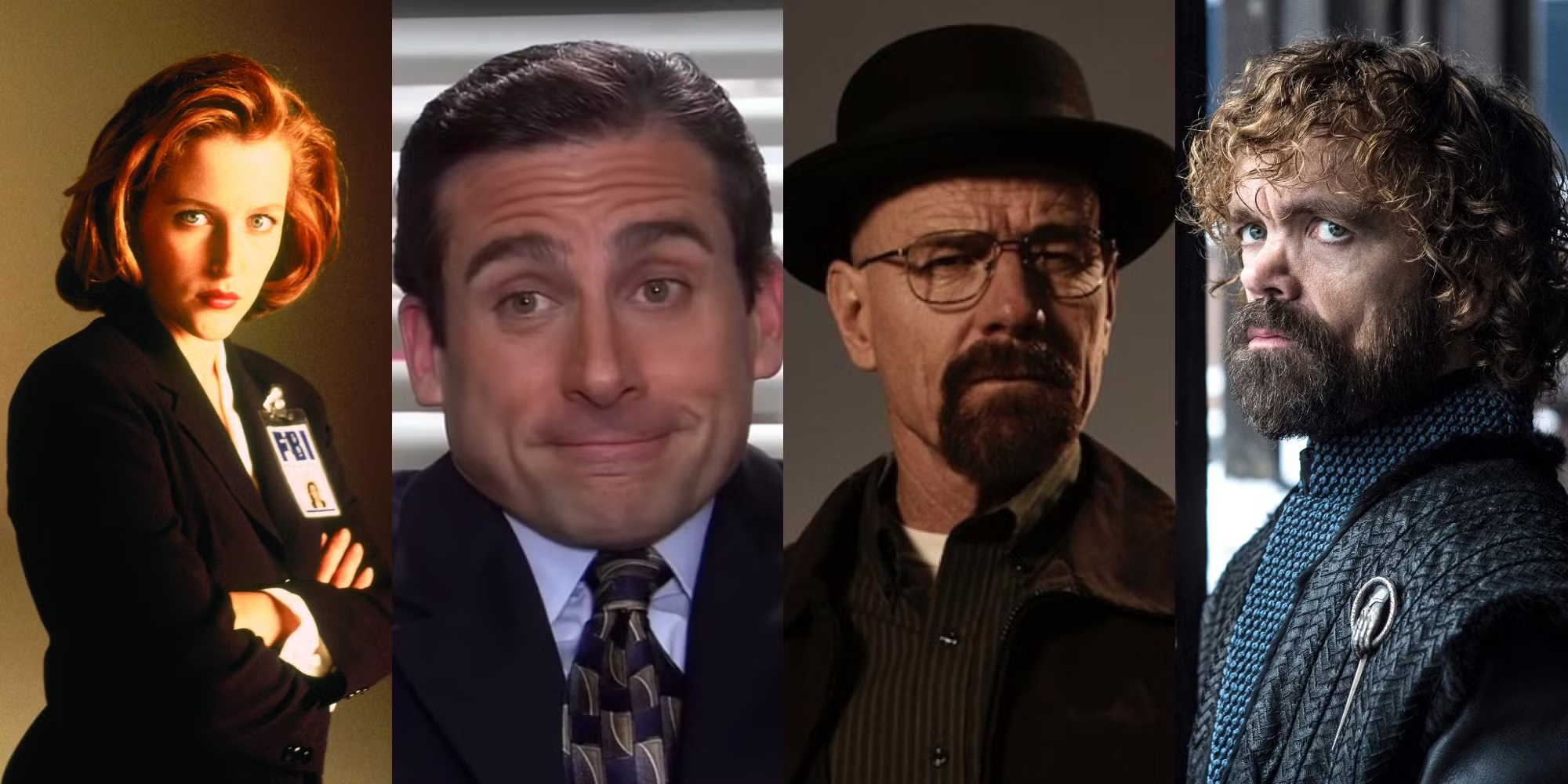Iconic TV heroes and villains have the power to transcend the stories they inhabit, becoming cultural touchstones that resonate long after the screen fades to black. What makes these characters unforgettable isn’t just their actions or the roles they play in the narrative but the layers of depth, complexity, and relatability woven into their design. They reflect universal human struggles, embody moral dilemmas, and often challenge our perceptions of right and wrong.
From the flawed, everyday hero who rises to extraordinary challenges to the villain whose charisma almost makes us root for them, these characters captivate us because they feel real, even in fantastical settings.
Their journeys, motivations, and personalities offer a mirror to our own experiences, fears, and aspirations. Whether it’s the hero’s battle for justice or the villain’s descent into darkness, their stories are crafted with such care that they leave lasting impressions, inspiring discussions, memes, and fan theories for years.
This article delves into the traits that make TV heroes and villains stand out, exploring their motivations, arcs, relatability, and the unique qualities that make them unforgettable. By examining these elements, we can uncover what transforms a character from merely good or bad into a timeless icon of television history.
1. Strong Motivation
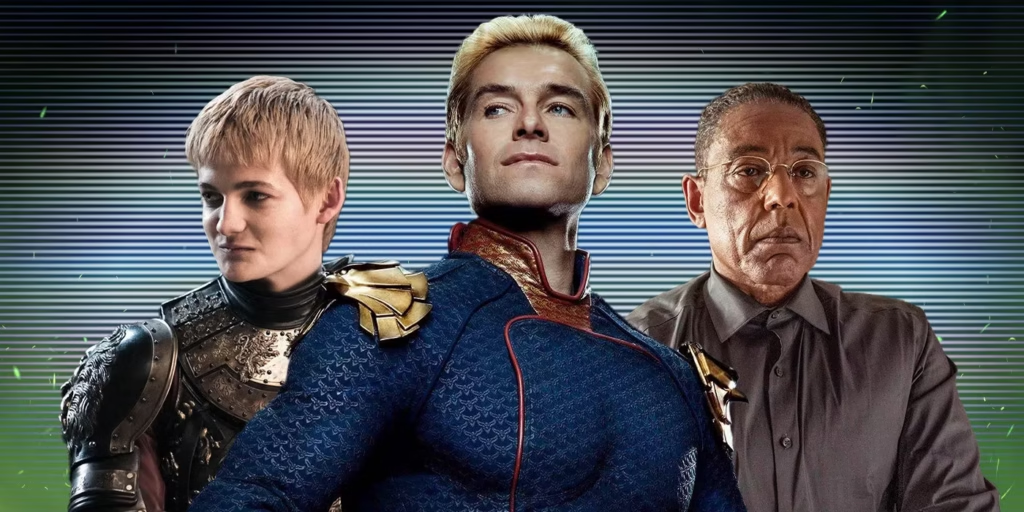
- Heroes: A hero’s motivation is central to their character. Whether it’s seeking justice, protecting loved ones, or overcoming personal struggles, their drive shapes the narrative. Heroes like Walter White (Breaking Bad) stand out because they start with seemingly noble intentions that evolve into something much darker.
- Villains: Villains often have complex motivations too. They’re not just “evil” for the sake of it but driven by deep psychological needs, personal history, or a warped sense of justice. Villains like Loki (Marvel’s Thor series) or the Joker (Batman) are compelling because their motives are both relatable and unpredictable.
Movie Review Showdown: The Best vs. The Worst of 2024!
2. Character Complexity
- Heroes: The most iconic heroes aren’t perfect. They have flaws, vulnerabilities, and moral dilemmas. This humanizes them and makes their journey compelling. Take Tony Soprano from The Sopranos—he’s a mob boss who struggles with mental health, family issues, and his own moral code.
- Villains: Iconic villains are multi-dimensional and not just “bad guys.” Their backgrounds, struggles, and personality traits make them more than just obstacles for the hero. Characters like Cersei Lannister (Game of Thrones) are powerful because we can see her human side, even if we don’t agree with her actions.
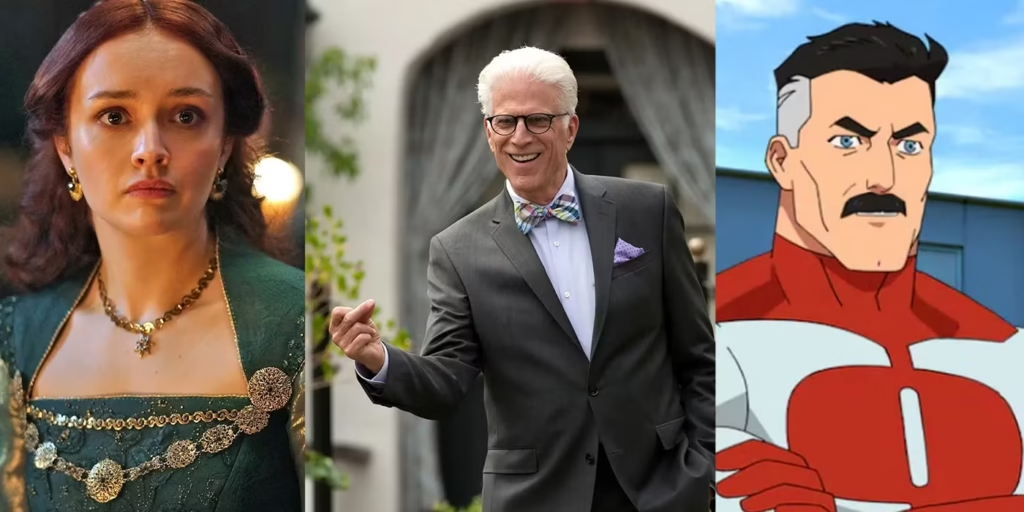
3. Iconic Arcs
- Heroes: A hero’s journey is often defined by growth. A great hero will evolve throughout the series, learning from their mistakes and growing stronger. Buffy Summers from Buffy the Vampire Slayer is a perfect example of this, where she goes from a high school cheerleader to a mature, battle-hardened warrior.
- Villains: A villain’s arc, like a hero’s, should be complex and engaging. Often, their downfall comes from their flaws. A villain like Breaking Bad’s Gus Fring is calm and calculated, but his eventual overreach reveals cracks in his otherwise unshakable persona.
4. Relatability
- Heroes: The best heroes resonate with audiences because they face situations we can understand or empathize with. They often struggle with questions of morality, identity, and purpose, making them relatable despite their extraordinary circumstances. For instance, Michael Scott from The Office is a deeply flawed hero because his desire for approval and his awkwardness are something many can identify with.
- Villains: While a villain’s actions are often extreme, their inner conflict or relatable desires make them stand out. They might represent societal issues or psychological struggles that resonate with viewers, like Dexter Morgan from Dexter, who is a vigilante serial killer wrestling with his darker urges.
Upcoming Netflix Originals You Can’t Miss in 2025: Top Picks You’ll Love!
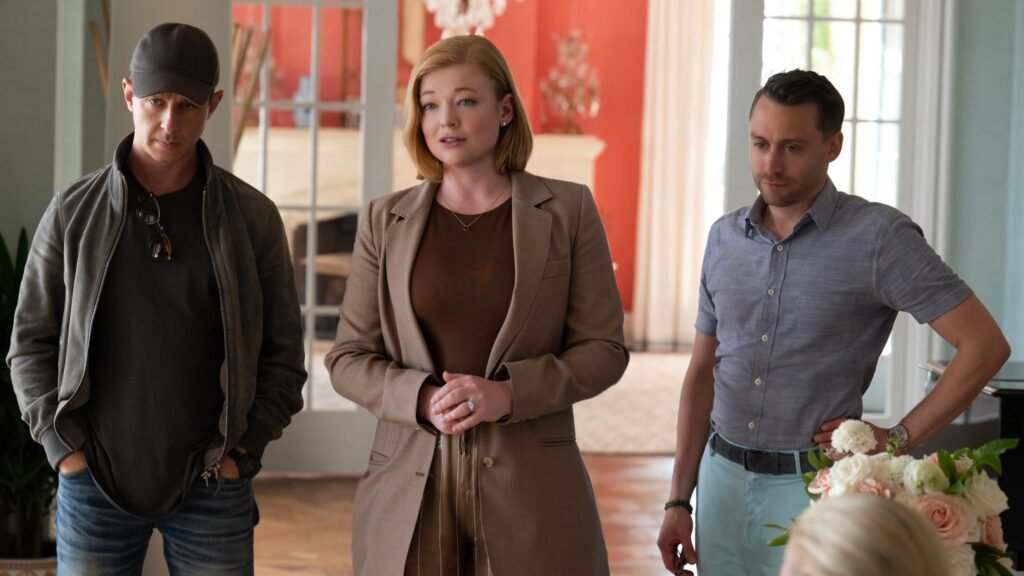
5. Memorable Traits
- Heroes: Iconic heroes have signature traits, whether it’s a catchphrase, distinctive mannerisms, or their unique approach to problem-solving. Sherlock Holmes, as portrayed in Sherlock, is famous for his brilliant mind and eccentric personality.
- Villains: Villains are memorable when they have traits that make them intimidating or magnetic. The “smiling” Hannibal Lecter, for example, exudes charm while also being terrifying. The best villains often have an unsettling calmness that enhances their danger.
6. Conflict with Themselves or Others
- Heroes: Internal conflict is a huge part of a hero’s journey. They might struggle with their identity, choices, or relationships, making their victories feel earned. Buffy Summers battles not only external foes but also inner demons, making her victories more personal and meaningful.
- Villains: Villains often create conflict not just with the hero, but within themselves. This inner turmoil can be seen in characters like Thanos (in the Marvel Cinematic Universe), who genuinely believe his actions are for the greater good, creating a complex moral struggle for the audience.
7. Presence and Charisma
- Heroes: Iconic heroes command attention. Whether it’s their unwavering resolve or charisma, they draw people in. This could be seen in characters like Jack Bauer from 24, whose presence is built on his unflinching dedication to saving others, even at great personal cost.
- Villains: Villains often stand out for their charisma and their ability to manipulate others. A villain like Frank Underwood from House of Cards exudes charm, even when committing morally corrupt acts, making him captivating to watch.
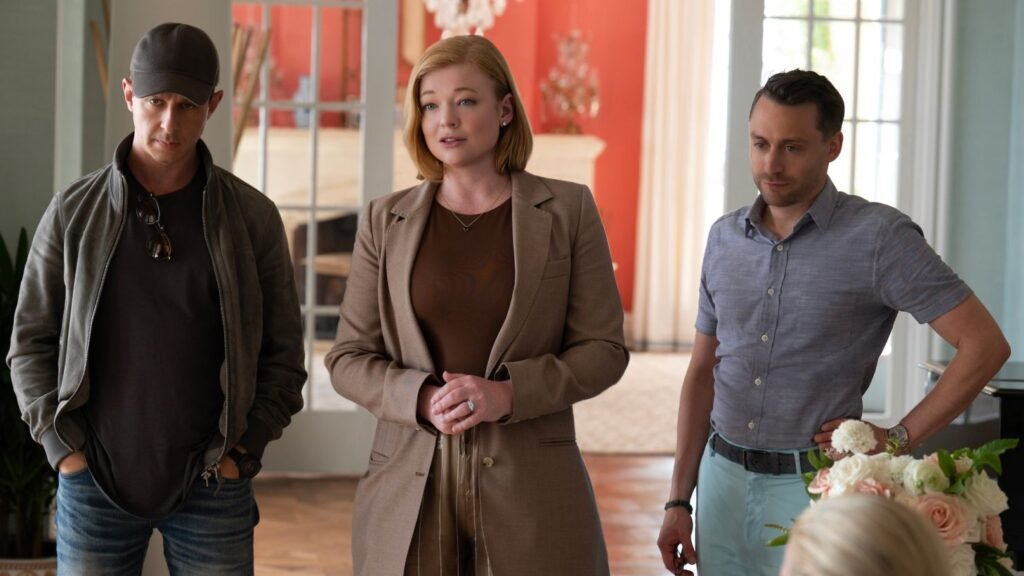
2024’s Best Series Finales – Did They Live Up to the Hype?
In short, iconic TV heroes and villains stand out because of their depth, complexity, and the emotional resonance they create with audiences. They are not just defined by their roles in the story but by the nuanced layers that make them feel real, despite their fictional nature.

